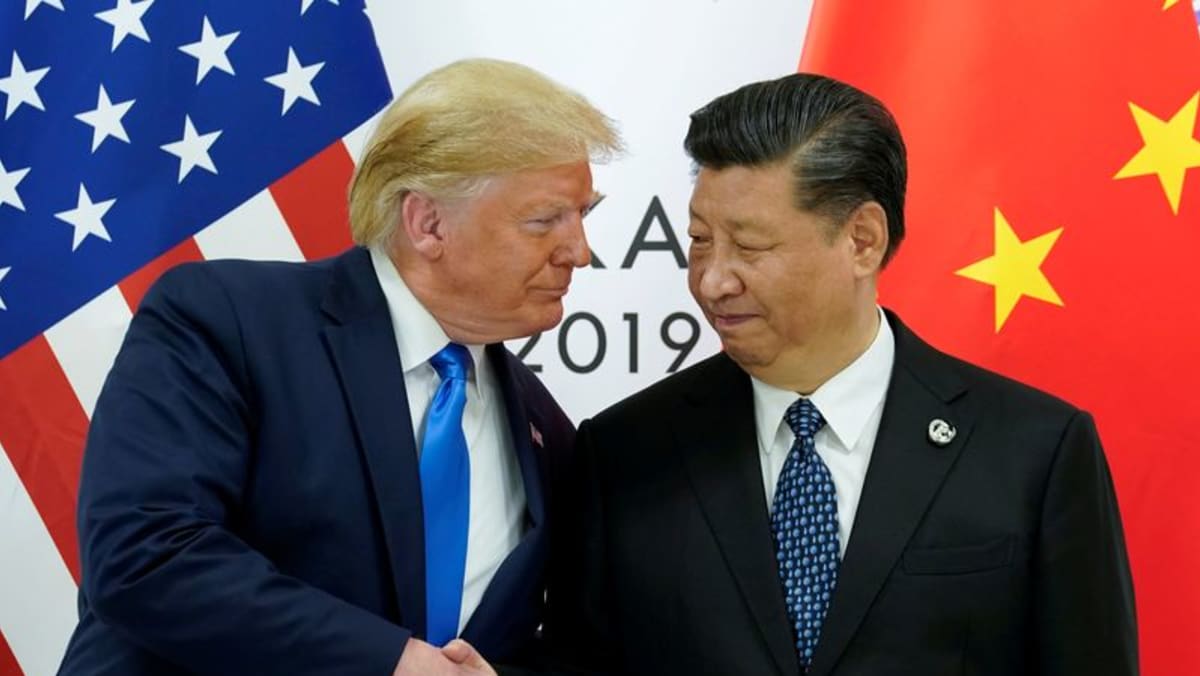Trump’s announcement on Saturday showed his long-threatened tariff hikes were serious and not an opening gambit in negotiations.
The mercurial magnate has also tied tariffs to the fate of Chinese-owned social media app TikTok – warning of retaliation if a deal cannot be struck to sell it.
But Beijing’s strong riposte has left little doubt that it will push back against measures it has long viewed as unfair.
The Chinese commerce ministry has vowed “corresponding countermeasures to resolutely safeguard our own rights and interests”, without saying what form they will take.
It has also said it will take its case against Trump’s tariffs to the World Trade Organization, though that is unlikely to bring change in the short term.
More immediate is the threat by Beijing’s foreign ministry that the duties “will inevitably affect and damage future bilateral cooperation on drug control”.
That casts a new shadow over counter-narcotics talks that resumed after Biden met Chinese President Xi Jinping in San Francisco in 2023.
A US-China working group later said it would step up regulation of three key fentanyl precursors, though it is not clear how much success has been achieved.
The new tariffs will probably not have a major impact on China’s economy, analysts said.
Given Beijing had already factored in higher tariffs this year, the move was “unlikely to change the market expectation on China’s macro outlook”, said Zhiwei Zhang, president of Pinpoint Asset Management.
“I don’t think China needs to take action, such as exchange rate depreciation, to offset (the impact),” he added.
According to Bloomberg Economics, the 10 per cent levy could knock out 40 per cent of Beijing’s goods exports to the US, affecting 0.9 per cent of Chinese GDP.
That is a small fraction of China’s vast economy, but it would put extra pressure on policymakers already grappling with slowing growth, a property sector crisis, and sluggish domestic consumption.
